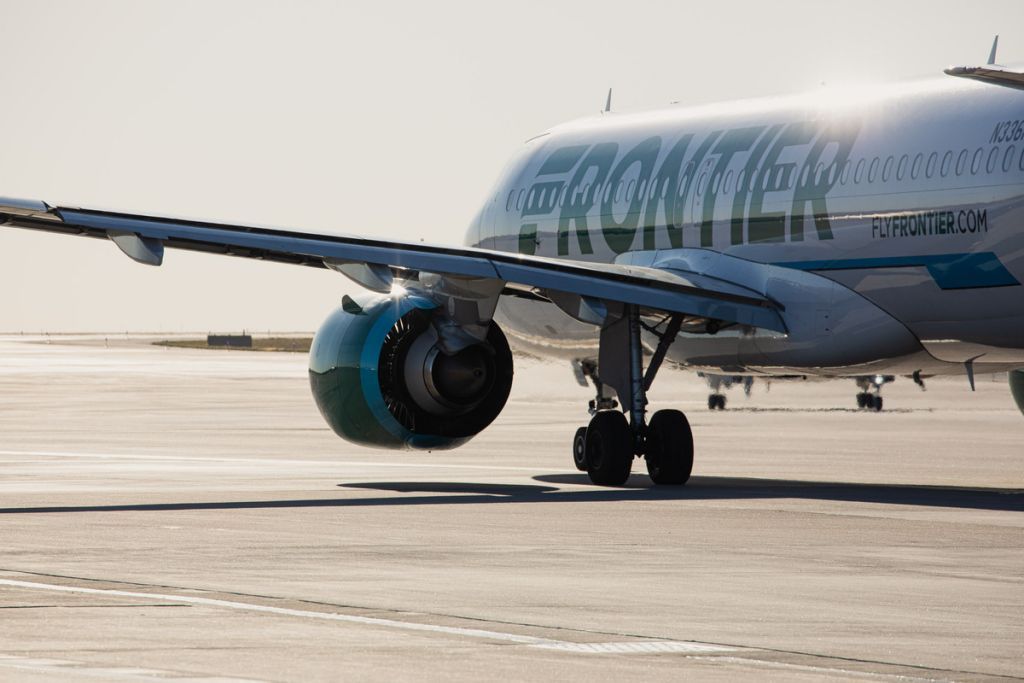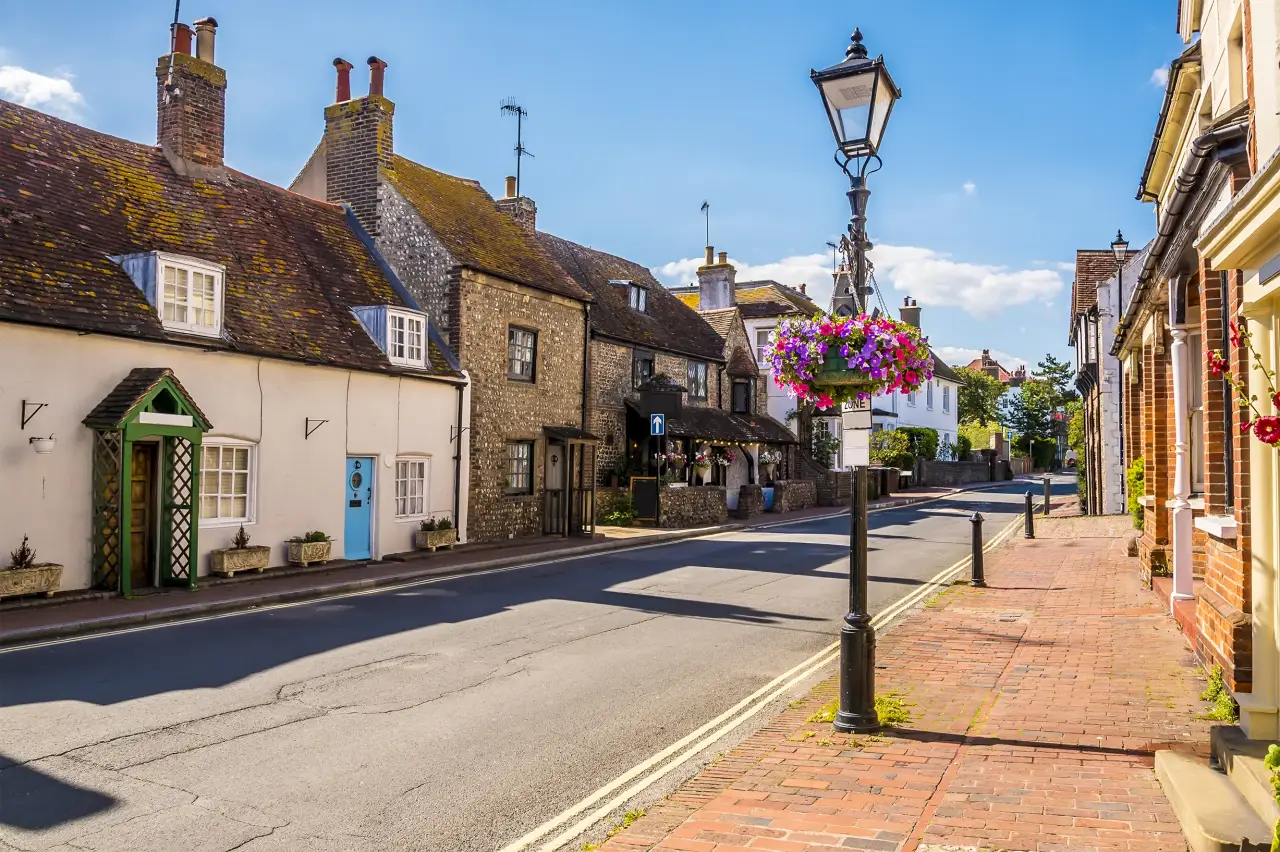The World Travel & Tourism Council (WTTC) has unveiled the second edition of its Net Zero Roadmap, marking a significant shift in the industry’s climate commitments.
Released during COP29 in Baku, Azerbaijan, the updated roadmap reveals a 27% increase in global Travel & Tourism businesses setting climate targets over the past three years, with 53% of the 250 leading companies now actively committed to reducing emissions.
This updated report emphasizes the sector’s dedication to combating climate change, with one-third of businesses adopting Science-Based Targets initiative (SBTi) goals. Notably, the number of companies aligning with these rigorous emissions benchmarks has more than doubled since the first roadmap’s release in 2021.
A Framework for Decarbonisation
Developed in collaboration with Accenture, the United Nations Environment Programme (UNEP), and supported by Azerbaijan’s State Tourism Agency, the roadmap introduces an enhanced decarbonisation framework. New target corridors provide businesses with actionable strategies to reduce emissions, recognizing that a “one size fits all” approach doesn’t work in such a diverse industry.
The report highlights improvements in the sector’s carbon footprint, with Travel & Tourism’s global emissions decreasing to 6.5% in 2023, down from 7.8% in 2019. Specific industries, such as aviation, saw a 6% reduction in carbon intensity, while cruise and accommodation sectors achieved 11% reductions.
Addressing Sector Challenges
The roadmap underscores the critical role of Sustainable Aviation Fuel (SAF) in reducing aviation emissions, with SAF capable of cutting carbon output by up to 80% over its lifecycle. To accelerate adoption, the roadmap calls for expanded investment and regulatory alignment across airlines.
Smaller businesses, the backbone of Travel & Tourism, are also prioritized. The roadmap emphasizes the need for accessible green financing, enabling small and medium enterprises (SMEs) to overcome resource challenges and adopt decarbonisation strategies.
Despite these advancements, challenges remain. Measuring Scope 3 emissions and achieving regulatory alignment across regions continue to be complex hurdles that require further attention.
A Call to Action
WTTC and its members are urging businesses, governments, and stakeholders to adopt the roadmap’s tailored emissions reduction strategies. These measures aim to strengthen climate resilience and align with the growing demand for sustainable travel, with 75% of global travelers expressing a desire for eco-conscious options.
WTTC President & CEO Julia Simpson stated, “The urgency of climate action in our sector has never been clearer. This updated roadmap is a call to action for every business in Travel & Tourism. Every step counts towards preserving our planet and the livelihoods of millions.”
Governments are also encouraged to provide additional incentives and subsidies to ensure that businesses meet their climate targets. By uniting efforts, the sector can achieve net zero by 2050, safeguarding vulnerable destinations and meeting the expectations of environmentally conscious travelers.













